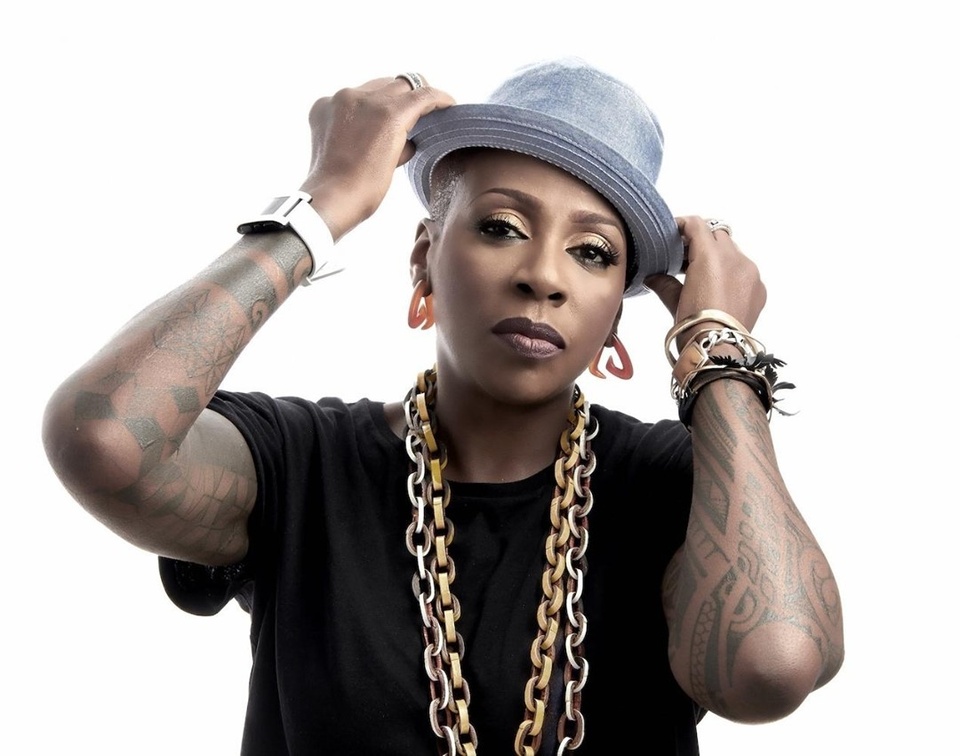"How come we overcame and nobody told me?" It's a question that will forever resonate in television viewers' minds, not only for actress Marla Gibbs' pitch-perfect delivery as Florence, a domestic to an upwardly mobile Black family in the groundbreaking series "The Jeffersons," but for the pilot episode's memorable writing. Gibbs' line reading articulated stark class differences within the African American community in 1975, eleven years after President Lyndon B. Johnson signed the Civil Rights Act, which prohibited discrimination in public places, integrated schools and made employment discrimination illegal. It appeared Black people were, indeed, "Movin' on Up." In 2021, the same can be said for Black queer women on the big and small screen. Blockbuster films such as Netflix's "Ma Rainey's Black Bottom" and Hulu's "The United States vs. Billie Holiday" have attracted millions of viewers and garnered a SAG Award for Viola Davis and a Golden Globe for this season's breakout star, Andra Day, for their portrayals of Black queer musical icons Gertrude "Ma Rainey" and Billie Holiday, respectively. Are decision-makers in Hollywood finally taking diversity seriously? And are mainstream audiences ready to embrace Black queer characters as part of the human experience on screen? After more than a century, the glass ceiling may finally be shattering for Black queer women in the entertainment industry. Tap link in bio to continue on @EDGEmedianetwork ✊??️??️ (?️: Darian Aaron, ?: Gina Yashere / @ginayashere)

"How come we overcame and nobody told me?" It's a question that will forever resonate in television viewers' minds, not only for actress Marla Gibbs' pitch-perfect delivery as Florence, a domestic to an upwardly mobile Black family in the groundbreaking series "The Jeffersons," but for the pilot episode's memorable writing. Gibbs' line reading articulated stark class differences within the African American community in 1975, eleven years after President Lyndon B. Johnson signed the Civil Rights Act, which prohibited discrimination in public places, integrated schools and made employment discrimination illegal. It appeared Black people were, indeed, "Movin' on Up." In 2021, the same can be said for Black queer women on the big and small screen. Blockbuster films such as Netflix's "Ma Rainey's Black Bottom" and Hulu's "The United States vs. Billie Holiday" have attracted millions of viewers and garnered a SAG Award for Viola Davis and a Golden Globe for this season's breakout star, Andra Day, for their portrayals of Black queer musical icons Gertrude "Ma Rainey" and Billie Holiday, respectively. Are decision-makers in Hollywood finally taking diversity seriously? And are mainstream audiences ready to embrace Black queer characters as part of the human experience on screen? After more than a century, the glass ceiling may finally be shattering for Black queer women in the entertainment industry. Tap link in bio to continue on @EDGEmedianetwork ✊??️??️ (?️: Darian Aaron, ?: Gina Yashere / @ginayashere)
Original Source
🔗
View Original Post
